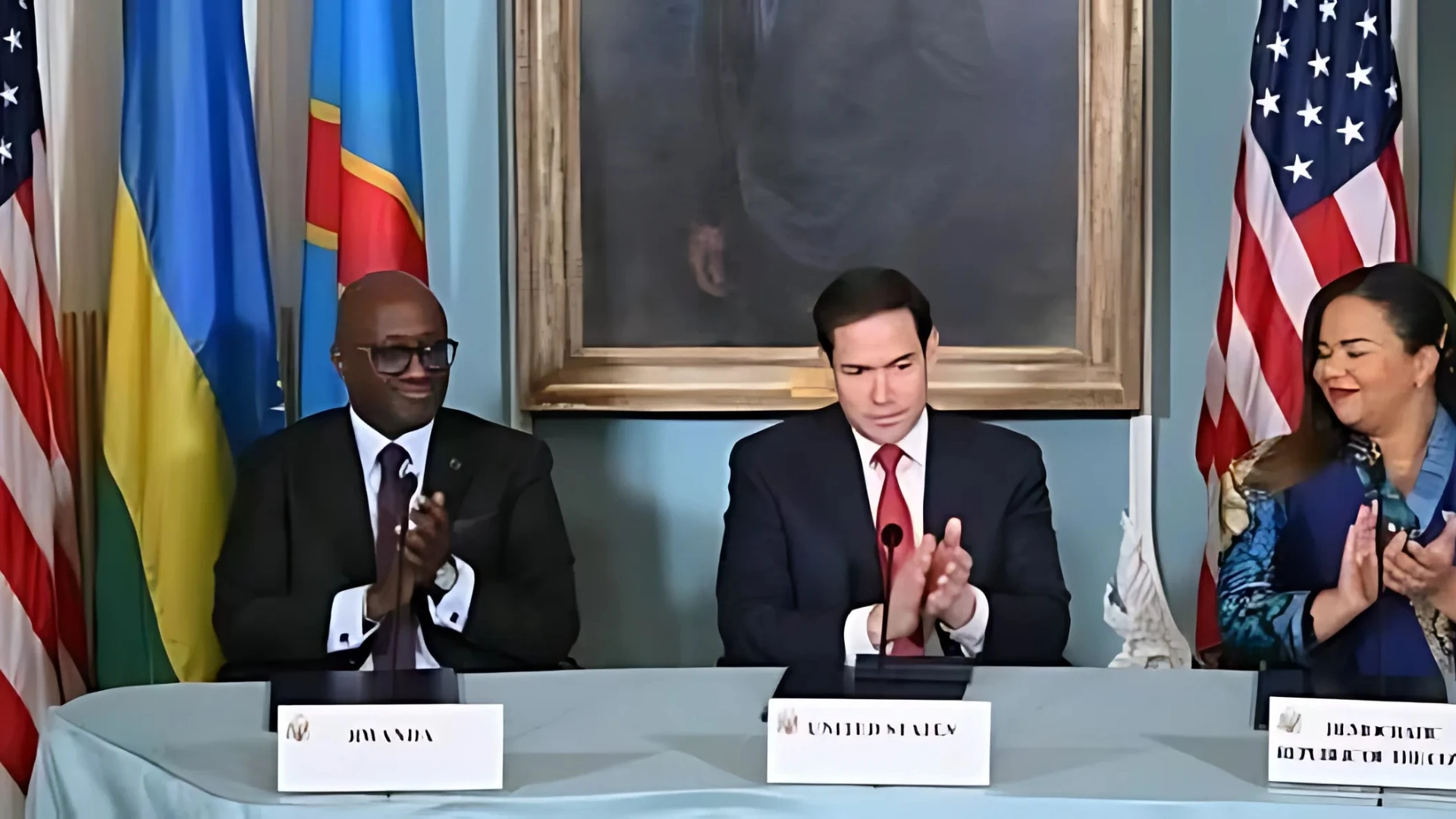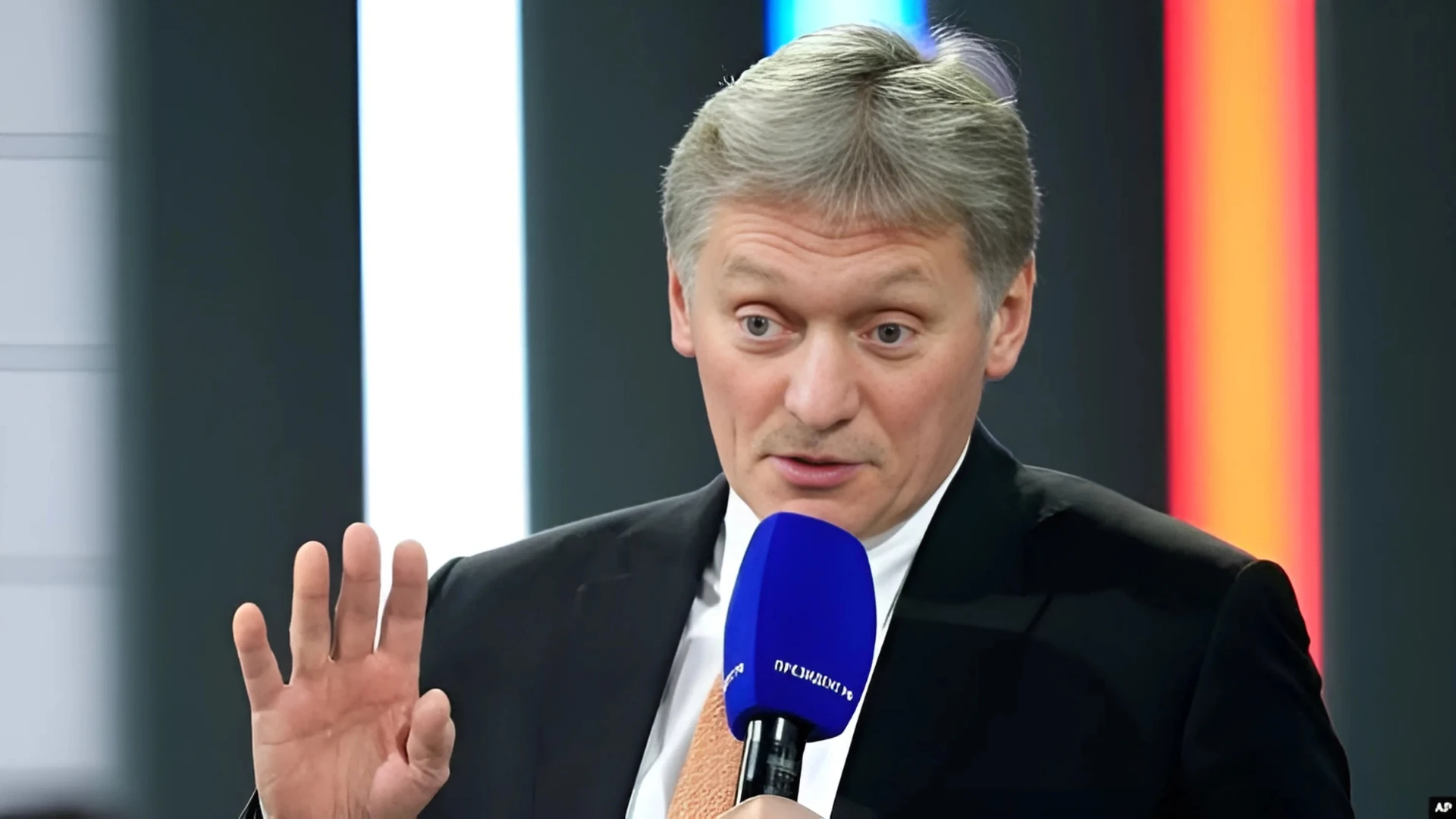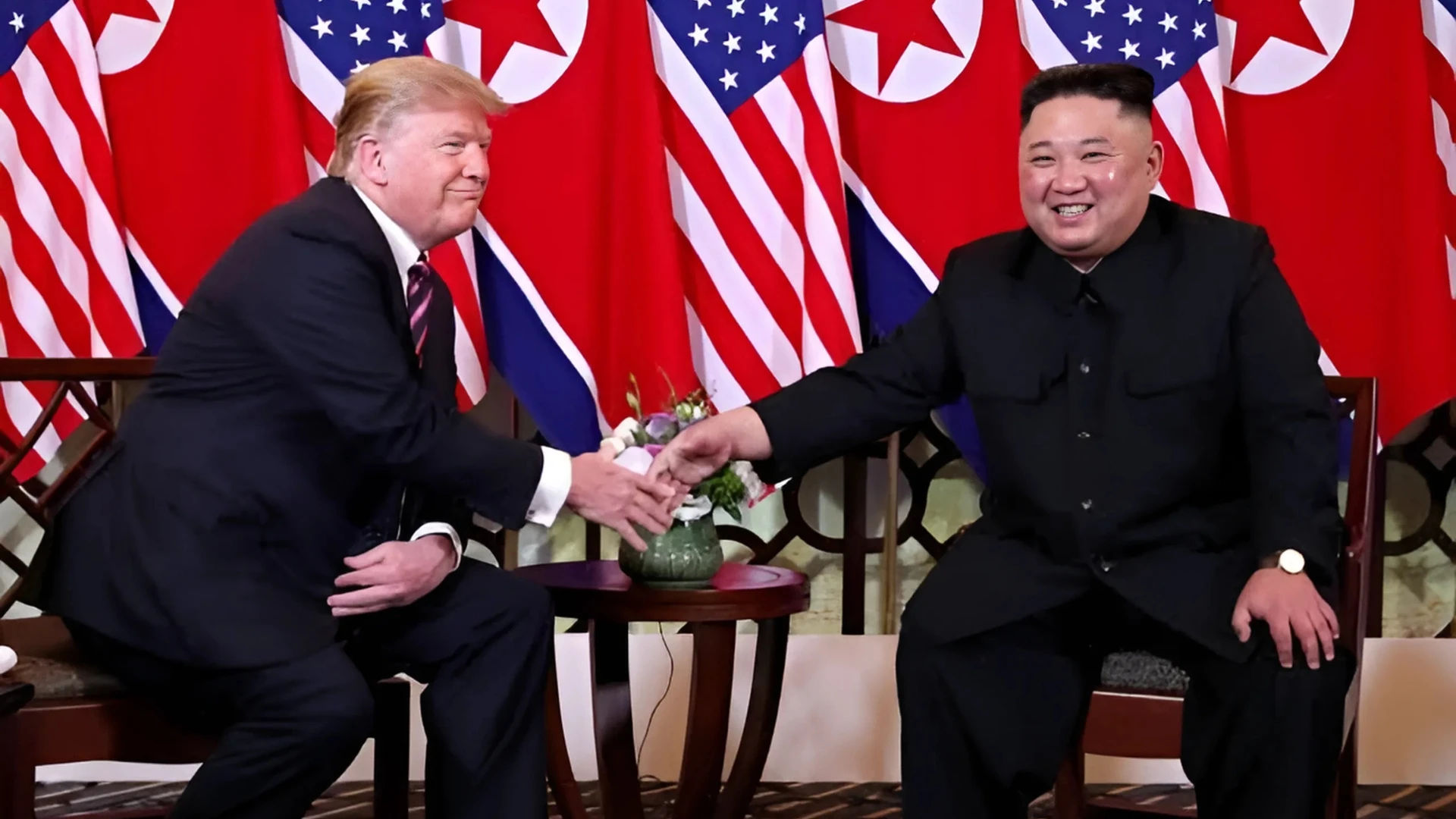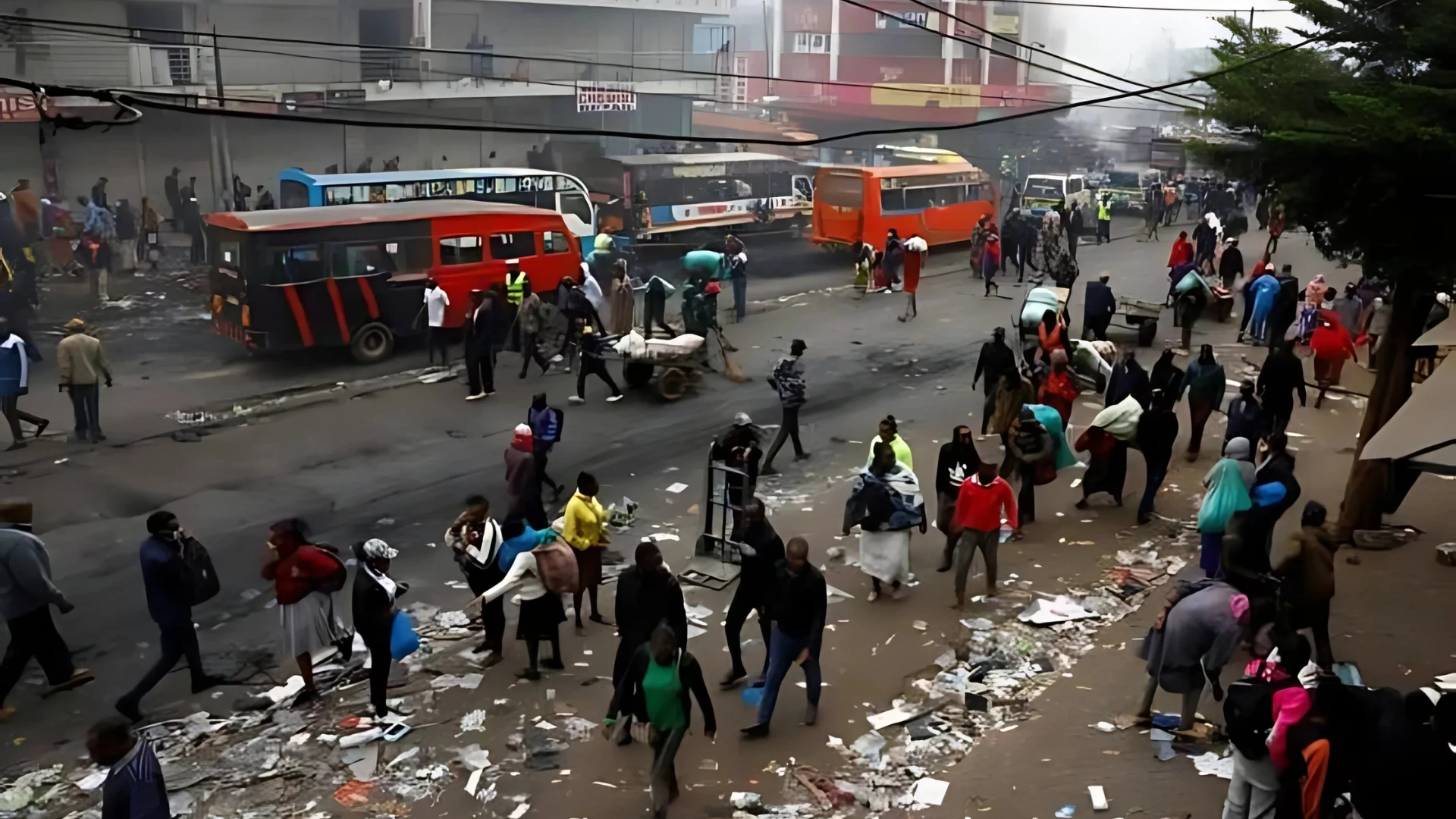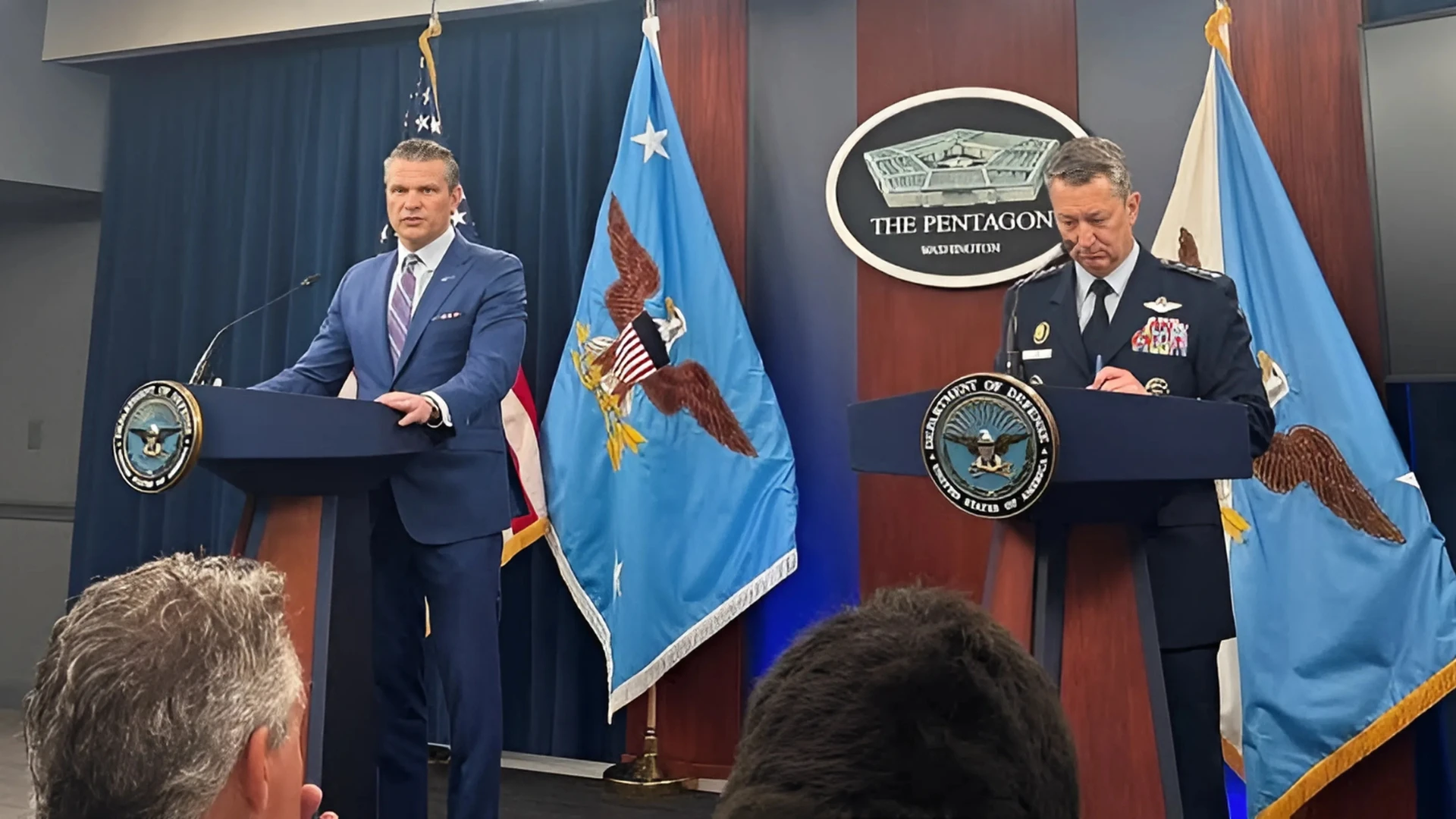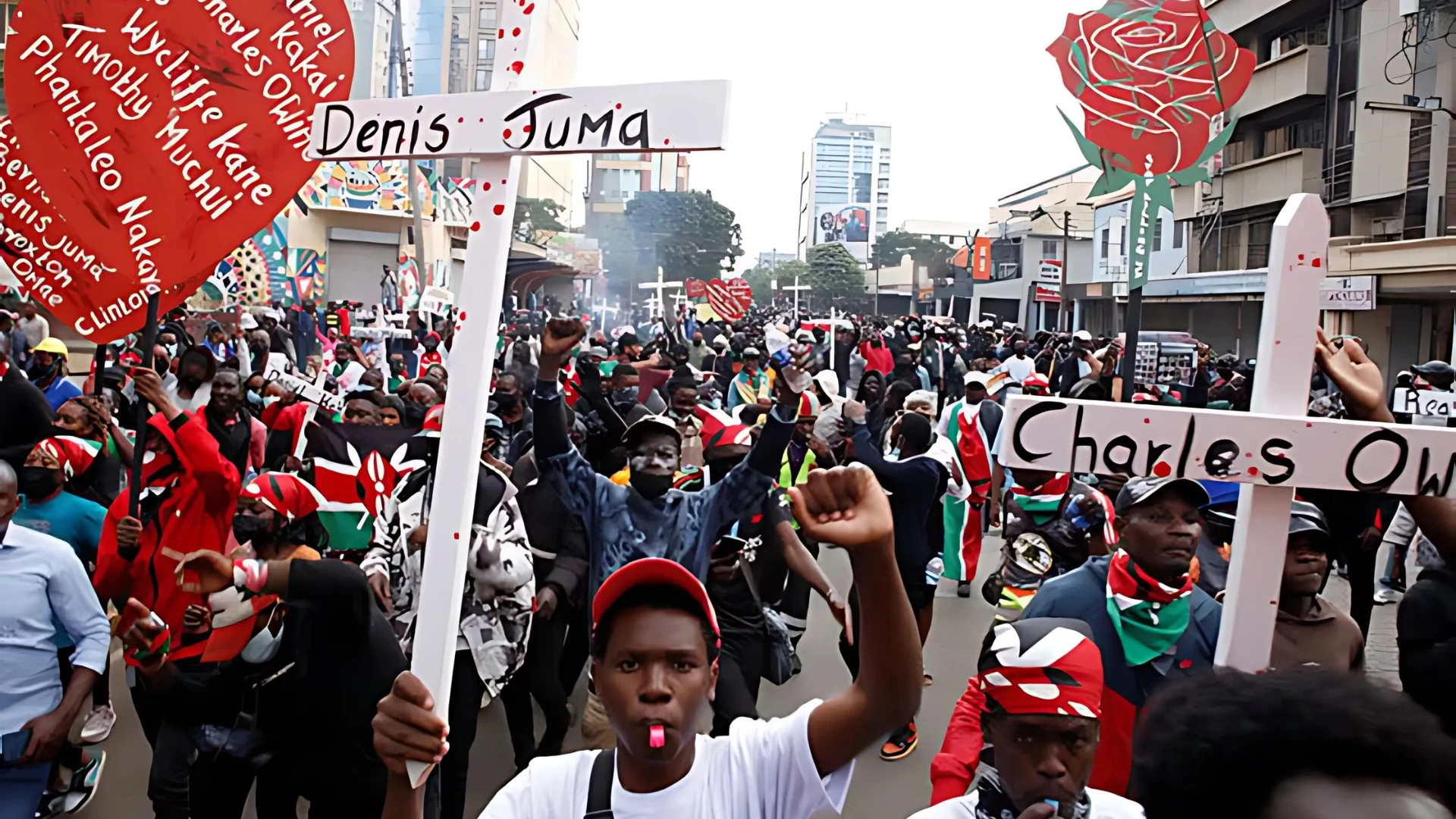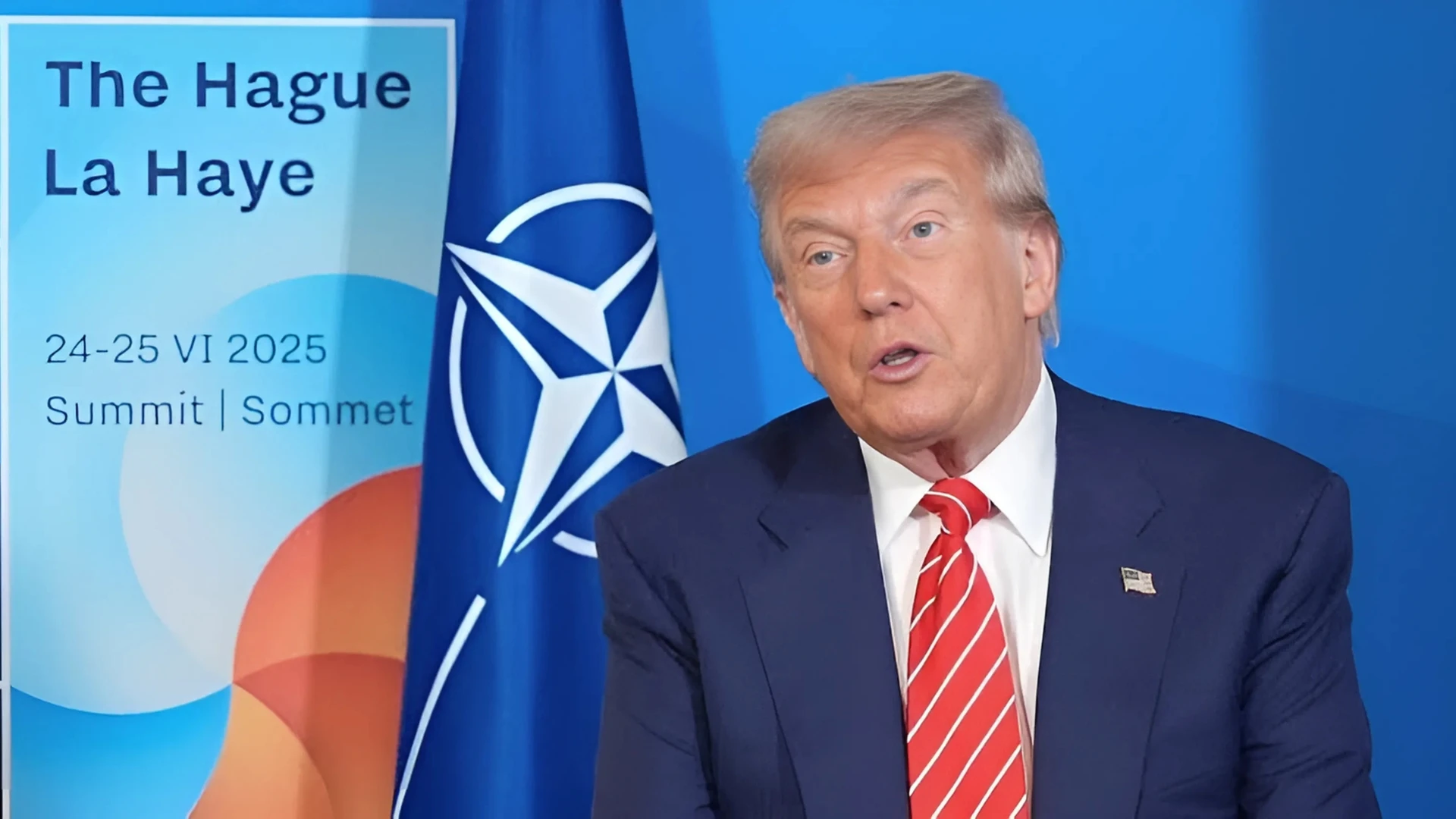Washington/Kinshasa: The Democratic Republic of Congo and Rwanda have signed a landmark peace agreement, brokered by the United States, in a bid to halt a brutal conflict that has claimed thousands of lives and displaced vast populations in 2025 alone.
The deal, facilitated by U.S. President Donald Trump's administration, marks a rare diplomatic breakthrough and is expected to pave the way for massive Western investment in the mineral-rich Great Lakes region. Eastern Congo holds large reserves of cobalt, copper, tantalum, lithium, and gold—vital for the global clean energy and tech sectors.
The agreement was signed in Washington by the foreign ministers of both nations during a ceremony attended by U.S. Secretary of State Marco Rubio. It commits Rwanda to withdrawing its troops from eastern Congo within 90 days and launching a regional economic framework with Congo in the same timeframe.
President Trump hailed the development as a personal success. “They’ve been fighting for years, even with machetes. One of the worst wars anyone has seen,” he said. “We’re also securing a lot of the Congo’s mineral rights for the United States as part of this.”
Rwandan Foreign Minister Olivier Nduhungirehe described the accord as a pivotal moment, while Congo’s Foreign Minister Therese Kayikwamba Wagner emphasized that true peace would depend on disengagement on the ground.
Trump later hosted both diplomats in the Oval Office and handed them invitations for their presidents—Felix Tshisekedi of Congo and Paul Kagame of Rwanda—to visit Washington for a broader signing of what is being called the "Washington Accord."
However, both sides acknowledged the challenges ahead. Nduhungirehe warned that past agreements had failed due to a lack of follow-through, urging Trump to stay actively involved. Trump responded with a stark warning: any violation of the new deal would result in "very severe penalties, financial and otherwise."
Rwanda is believed to have deployed at least 7,000 troops in support of the M23 rebel group, which has seized major cities and strategic mining areas in eastern Congo in recent months. The resurgence of M23, rooted in long-standing tensions following the 1994 Rwandan genocide, has stoked fears of a wider regional war.
Secretary Rubio said the heads of state would finalize the agreement in Washington in the coming weeks. In the meantime, the accord requires the two countries to initiate a joint security mechanism within 30 days and fully verify Rwanda’s troop withdrawal within three months.
It also aligns with parallel peace negotiations taking place in Doha between Congo and M23 representatives. Progress in those talks is considered crucial to advancing the new economic partnership outlined in Friday’s agreement.
The deal also outlines the formation of a framework to promote joint trade and investment in mineral supply chains, which are expected to involve American companies. A source familiar with the talks said the economic framework would be signed separately at a future White House event.
The agreement expresses full support for the Doha talks and outlines a timeline for ending Congolese military operations against the FDLR, a Rwandan Hutu rebel group active in eastern Congo, which includes perpetrators of the 1994 genocide.
Experts reacted with cautious optimism. “This might be the most realistic opportunity for peace, despite its imperfections,” said Jason Stearns, a Great Lakes region expert at Simon Fraser University. He added that Washington, as the main broker, must enforce the deal’s terms.
Political analyst Tresor Kibangula of Congo’s Ebuteli think tank noted the strategic depth of the deal. “The message is clear: securing eastern Congo is essential to securing investment. But it remains to be seen whether that economic logic can end the violence.”
While the ink is still fresh on the agreement, much will depend on the political will—and sustained international oversight—to ensure it leads to lasting peace.


